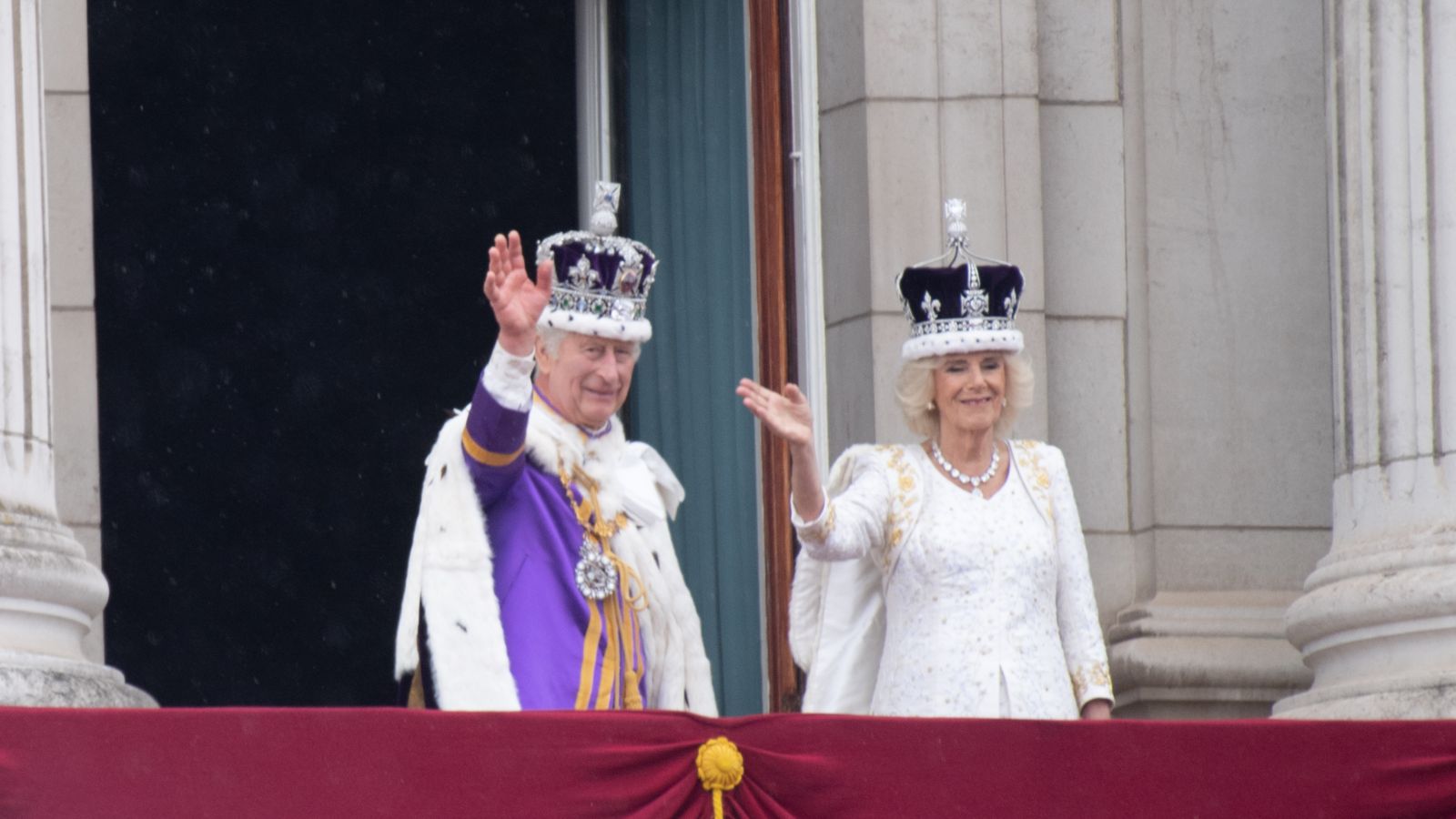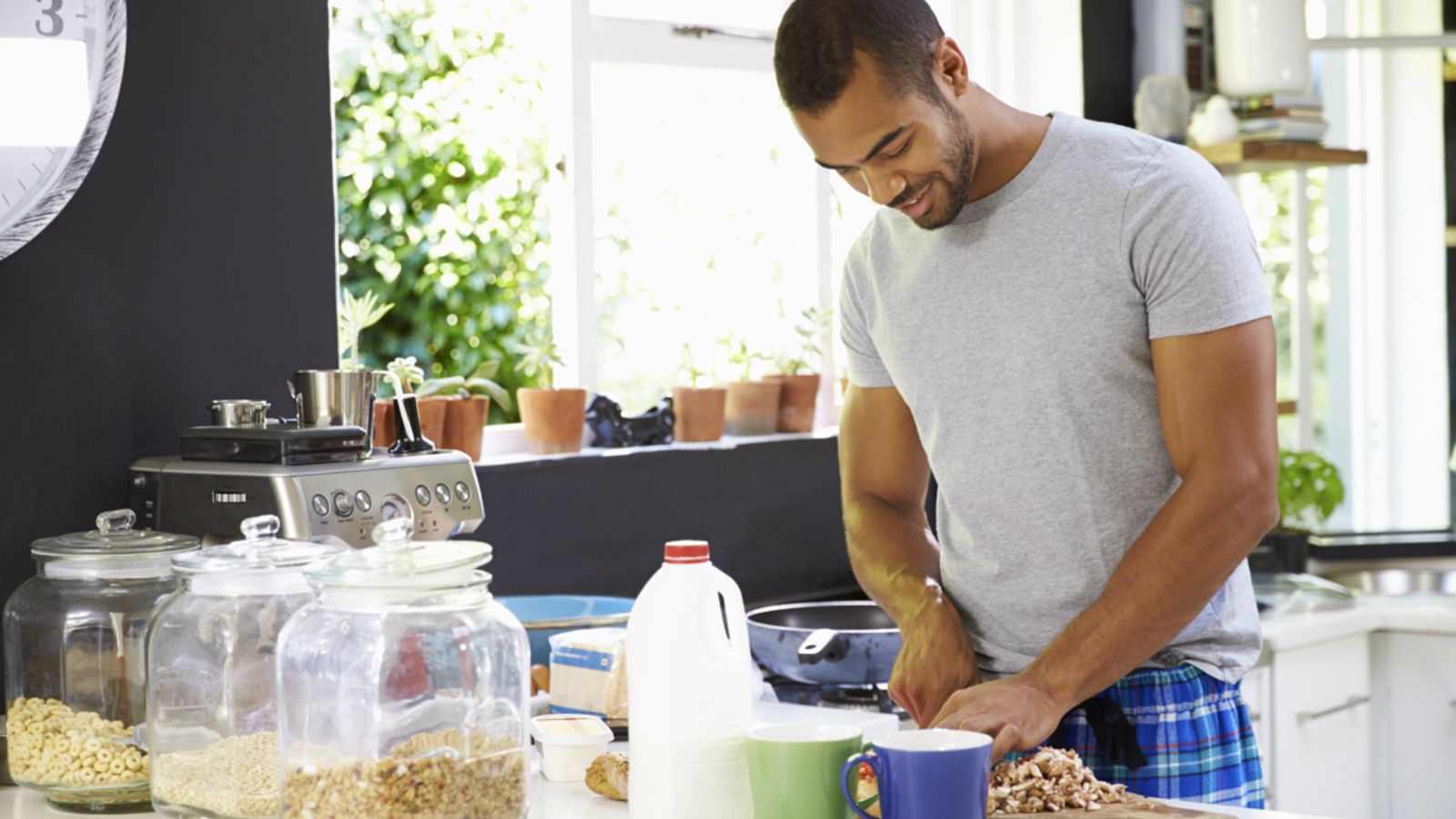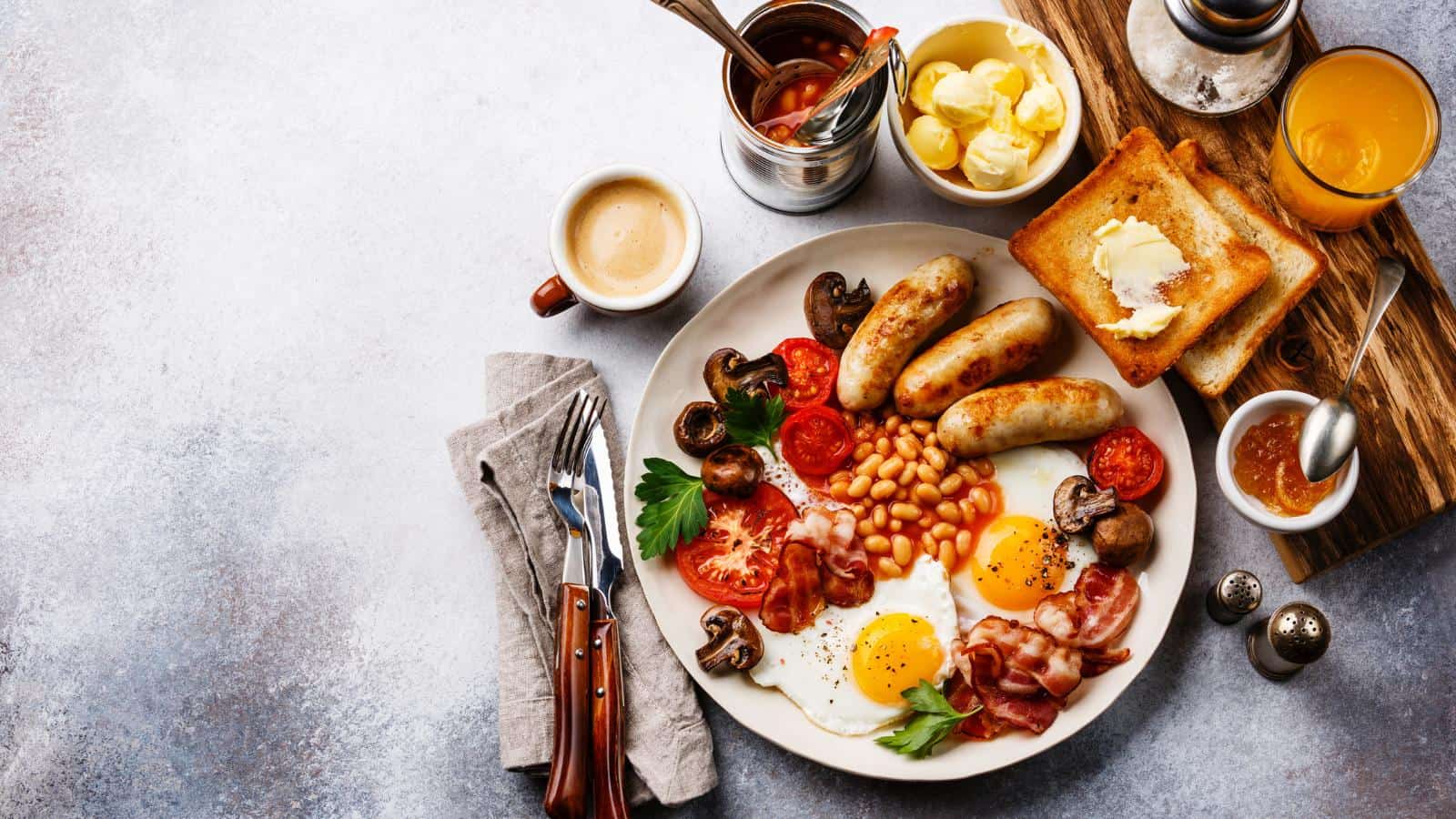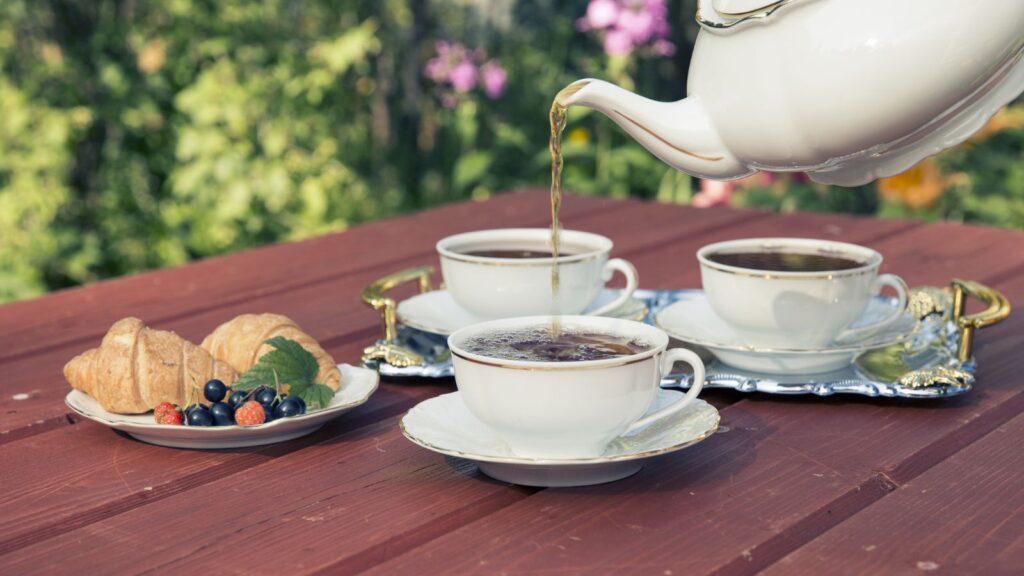Many traditional British values that were once integral to everyday life have either faded or transformed. Growing up in a globally connected lifestyle, Millennials might find it hard to grasp the importance of these once-cherished customs and ideals. Here’s a look at 20 traditional British values that might seem completely foreign to the younger generation.
Stiff Upper Lip

“The British are a nation of repressed, emotionally stunted stoics,” says the BBC, and the “stiff upper lip” mentality, which epitomises this emotional restraint, was a cornerstone of the British character. People were expected to keep calm and carry on, no matter the circumstances. But today, with a greater emphasis on mental health and openness, millennials might find this value outdated and unhealthy.
Queuing

Brits are famous for their queuing etiquette, whether at the bus stop, post office, or even in the pub, forming an orderly line—waiting your turn was a matter of national pride. While queuing still exists, many younger people might not appreciate forming a queue and adhering to it meticulously.
Sunday Best

Dressing in your ‘Sunday best’ for church or family gatherings was once a widespread tradition. This meant donning your finest clothes, polished shoes, and neatly groomed hair, showcasing respect and reverence for the occasion. Yet the casualisation of dress codes has led many millennials to favour comfort over formality.
Afternoon Tea

Afternoon tea was more than just a meal; it was an event, a moment to pause and enjoy a selection of sandwiches, scones, and cakes with a pot of tea. It was a time for socialising and relaxation. The ritual of afternoon tea has largely been replaced by the convenience of a quick coffee or snack on the go.
Respect for the Monarchy

The British monarchy has been a symbol of continuity and tradition for centuries. Older generations held the monarchy in high regard, often displaying unwavering loyalty and respect. Today, while the monarchy still has its supporters, millennials tend to view it more critically, questioning its relevance.
Politeness and Manners

British politeness, characterised by the frequent use of “please,” “thank you,” and “sorry,” was once a hallmark of social interactions. Good manners were instilled from a young age and seen as a sign of a good upbringing. However, millennials’ direct and often informal communication style can sometimes clash with older expectations.
The Pub as a Social Hub

The local pub was traditionally the heart of the community, a place where people of all ages gathered to socialise, relax, and discuss the day’s events. Pubs were more than just drinking establishments; they were a central part of social life. With the rise of home entertainment, social media, and changing drinking habits, many millennials prefer different venues for socialising.
Deference to Authority

Older generations were taught to respect and defer to authority figures, whether they were teachers, police officers, or government officials. This respect was part of a broader social order where hierarchy was clearly understood, but millennials are more likely to challenge authority and question the status quo.
Postal Correspondence

Writing and receiving letters by post was once a primary mode of communication, and people took pride in their penmanship. But, the excitement of receiving a letter and the patience required to await a reply are experiences many millennials have never known.
Home-Cooked Sunday Roast

The Sunday roast, a meal typically consisting of roast meat, potatoes, and vegetables, was a family staple and a time for families to come together. While some families still uphold this tradition, the busy lifestyles and convenience of takeaways and ready meals mean that many millennials miss out on this weekly ritual of family bonding.
Formal Letter Writing

Formal letter writing was an essential skill taught in schools and used in various aspects of life, from job applications to official complaints. With the prevalence of informal, digital communication, the art of formal letter writing has become less common, and many millennials may find it antiquated.
Traditional British Breakfast

The traditional full English breakfast, with its array of fried or grilled items like bacon, eggs, sausages, and beans, was once a daily or weekend treat and a significant part of British culinary culture. However, the rise of health consciousness and fast breakfast options means this elaborate meal is not as central to the Millennial Generation’s routines.
British Reserve

British reserve, or the tendency to avoid direct confrontation and maintain a level of personal distance, was a valued social trait. People were expected to keep their opinions to themselves, especially in public settings. Now, this reserved nature can seem outdated.
Local Community Engagement

In the past, strong local community engagement was common, with neighbours knowing each other well and participating in community events. However, frequent moves for work or study mean that many millennials might not experience the same depth of local community bonds.
Wartime Rationing Spirit

The spirit of wartime rationing—making do with what you had and avoiding waste—left a lasting impact on those who lived through it. This value of frugality and resourcefulness was passed down but is often at odds with today’s consumer culture.
Importance of the Garden

Once a widespread hobby and a source of pride, gardening saw people spending considerable time tending to their gardens as a form of relaxation. Now, the space constraints of urban living and the lifestyles of many millennials mean that fewer young people engage in this hobby—or can’t, even if they want to.
Hand-Me-Downs

Hand-me-downs—the practice of passing clothes and other items from older siblings to younger ones—were a practical and economic necessity for many families. This tradition instilled values of frugality and appreciation for what you had. But, in today’s fast fashion era, where new clothes are readily available, the concept of hand-me-downs might seem less relevant.
Traditional Craftsmanship

Whether it was furniture, clothing, or tools, items were made to last and often repaired rather than replaced. The throwaway culture and mass production of today mean that many millennials may not fully appreciate the skills and care that went into traditional craftsmanship.
Collective Responsibility

Collective responsibility, the idea that the welfare of the community was a shared duty, was a guiding principle. People were more likely to look out for one another and take actions that benefited the community as a whole. While community-mindedness still exists, the focus on individualism and personal success in modern society can make this sense of collective responsibility seem less prevalent.
Traditional Education Methods

Lastly, traditional education methods, with a strong emphasis on rote learning and discipline, were once the norm. The classroom environment was structured with clear rules and expectations, but now we have to focus on creativity, critical thinking, and flexible learning approaches.







